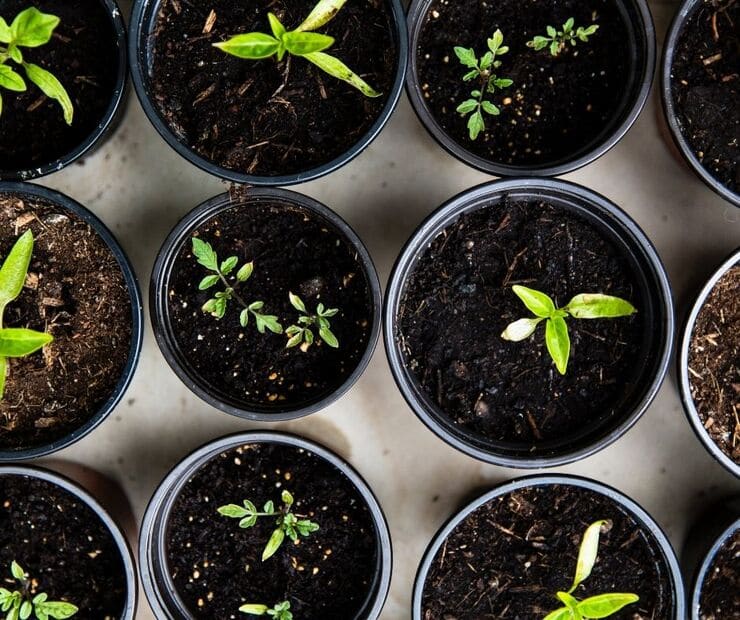
Some people have a natural green thumb or deep passion for gardening, while others don’t. Whether you plant flowers or vegetables, or both, typically spring is the ideal time. Those with a tremendous fondness for nature take a holistic approach to gardening. Some lack the space to plant or fit a flowerpot, depending on the environment. Other people may have no desire or patience for gardening.
Depending on where you live, you may have planted a garden already or will do so soon. Some people can start preparing in the fall or have space indoors. If you live in an area that may have a late-spring freeze, you have to wait. Vineyards that produce ice wine need bitter cold temperatures for their grapes.
Regardless of where you fall on the spectrum, gardening can be a metaphor for life. As you “cultivate” things in your life, they flourish and blossom. The more you work on personal development, the more you grow. You can reap the fruits of your labor.
The book, The Tao of Gardening, offers inspiration if you are thinking about growing this year. Pamela Metz, the author, also correlates life into this adaptation of the Tao Te Ching. She introduces readers to the theme of nature and other Taoist principles. Through the lens of a gardener, she writes about harmony, balance, and acceptance.
The Tao of Gardening can also be read as a source of pleasure for those without a green thumb. For anyone who regularly practices horticulture, you can relate to the experiences. You see nature grow before your eyes after planting seeds and nurturing them. After the garden blooms, you can “reap what you sow” and enjoy the harvest from your labor. Metz even gives insight into challenges that gardeners may face due to forces of nature. Many horticulture books offer tips, best practices, and other information. The Tao of Gardening takes a different approach to the topic.
It’s been proven that gardening offers mental and physical therapeutic benefits. The process relieves stress and has advantages depending on what you plant. Flower beds, for example, are visually appealing. Certain species have a pleasant fragrance, which can improve one’s mood. Community gardens can create a sense of belonging if your area has one. You can engage with neighbors and experience the process together. Also, growing your own vegetables is cost-effective and sustainable.
Often skilled gardeners have a set of some noticeable positive personality traits. A deep appreciation of nature is a common characteristic. Gardeners are also patient as they wait for flowers to bloom or plants to harvest. After planting, nurture and care are essential for growth throughout the season. Kind-hearted gardeners also treat people the same, often sharing their abundance. A critical skill required is being able to adapt and face adversity. Weather, animals, or a bad season can cause significant gardening setbacks. Passionate horticulturists persist through all challenges. Gardeners learn acceptance if plants can’t be saved.
For some, the experience of gardening is spiritual and helps with healing. Metz writes in Chapter 71:
“Healing and growth come from an openness to the unknown. The master gardener can live with not knowing; therefore, he continues to heal and grow. Plants heal themselves and continue to grow. Growing plants can heal a gardener’s spirit.”
Have a happy gardening season!
